Party leads to vicious, corrupt and unprofitable legislation, for the sole purpose of defeating party
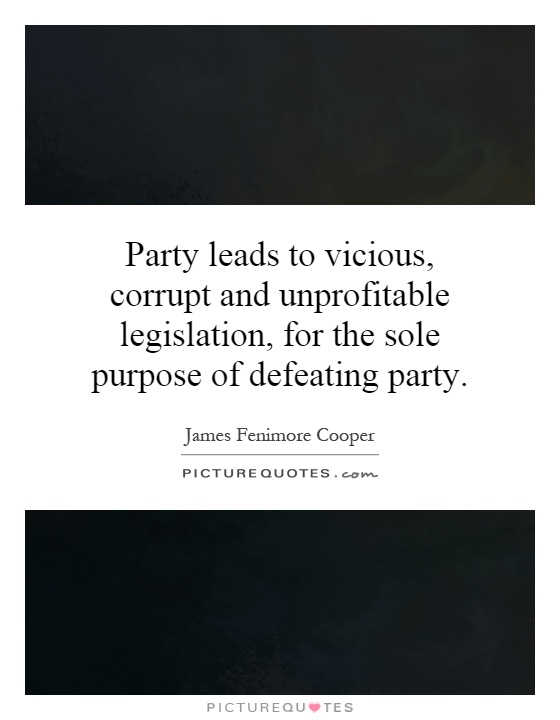
Party leads to vicious, corrupt and unprofitable legislation, for the sole purpose of defeating party
James Fenimore Cooper, a renowned American novelist and political commentator, was a keen observer of the political landscape of his time. In his works, he often criticized the negative impact of party politics on the legislative process. One of his most famous quotes, "Party leads to vicious, corrupt and unprofitable legislation, for the sole purpose of defeating party," encapsulates his belief that party loyalty often trumps the public good in the realm of politics.Cooper's observation remains relevant today, as the influence of party politics continues to shape legislative decisions. The pursuit of power and control within political parties can lead to a disregard for ethical considerations and the common good. This can result in legislation that serves the interests of party leaders and their supporters, rather than the needs of the general population.
In Cooper's time, the two-party system in the United States was already well-established, with the Democratic-Republicans and Federalists dominating the political landscape. Cooper witnessed firsthand how party loyalty could lead to corruption and self-serving behavior among politicians. He saw how party leaders would prioritize their own agendas over the welfare of the people they were elected to serve.
Cooper's criticism of party politics is reflected in his novels, such as "The American Democrat" and "The Bravo," where he explores the consequences of political corruption and the erosion of democratic principles. Through his characters and plotlines, Cooper highlights the dangers of unchecked party loyalty and the need for greater accountability in government.
In today's political climate, Cooper's warning about the negative impact of party politics on legislation is more relevant than ever. The influence of special interests and party donors can often sway lawmakers to prioritize partisan goals over the public good. This can result in legislation that is harmful, unjust, and ultimately unprofitable for society as a whole.


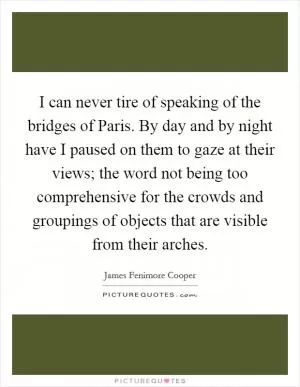
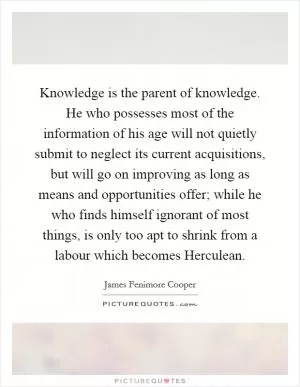
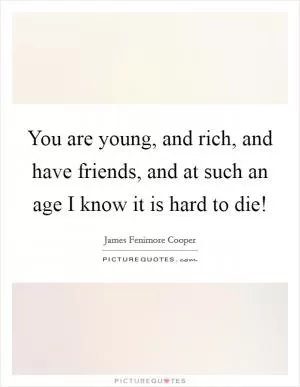
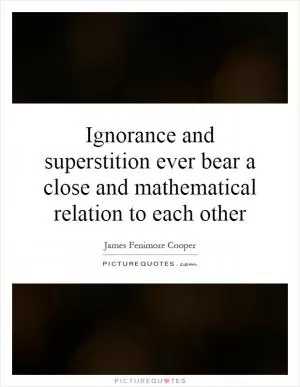
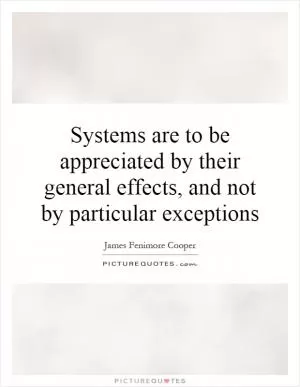


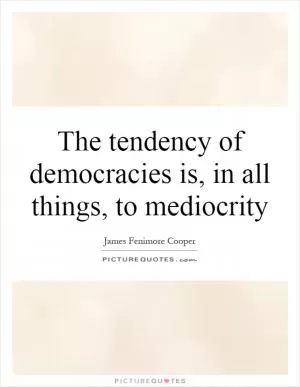
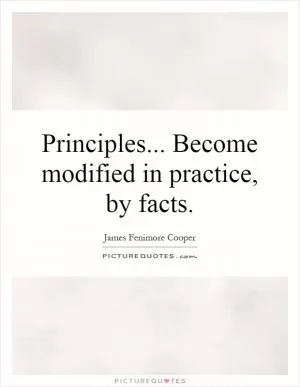
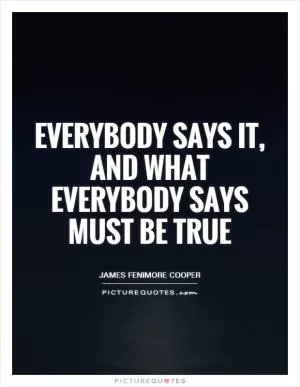
 Friendship Quotes
Friendship Quotes Love Quotes
Love Quotes Life Quotes
Life Quotes Funny Quotes
Funny Quotes Motivational Quotes
Motivational Quotes Inspirational Quotes
Inspirational Quotes